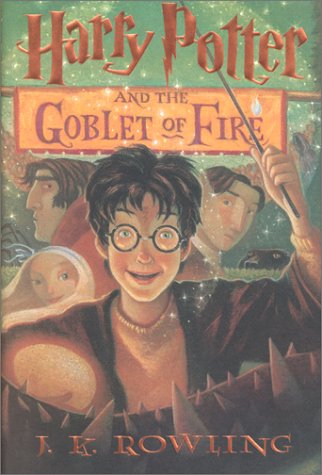Literacy as Social and Political Control
 It has become something of a truism to say that literacy functions as a tool for social control and even political oppression as well as a vehicle for individual empowerment, but the enormous body of research on literacy in the past three or four decades has provided ample documentation of the social, cultural, and political nature of literacy. Central to this understanding of literacy is Paulo Freire's notion of critical or emancipatory literacy. For Freire, literacy is central to what it means to be human, and in his many books he explores the complexities of this understanding. At heart, Freire understands literacy as "a creative act that involves the critical comprehension of reality" (1987, 156). As such, literacy becomes "a vehicle by which the oppressed are equipped with the necessary tools to reappropriate their history, culture, and language practices" (156).
It has become something of a truism to say that literacy functions as a tool for social control and even political oppression as well as a vehicle for individual empowerment, but the enormous body of research on literacy in the past three or four decades has provided ample documentation of the social, cultural, and political nature of literacy. Central to this understanding of literacy is Paulo Freire's notion of critical or emancipatory literacy. For Freire, literacy is central to what it means to be human, and in his many books he explores the complexities of this understanding. At heart, Freire understands literacy as "a creative act that involves the critical comprehension of reality" (1987, 156). As such, literacy becomes "a vehicle by which the oppressed are equipped with the necessary tools to reappropriate their history, culture, and language practices" (156).
Freire's ideas have influenced a generation of scholars and teachers, including Elspeth Stuckey, whose definition of literacy as "a social restriction and an individual accomplishment" (1991, 64) might serve well enough as a representation of the prevailing view of literacy among many scholars in rhetoric, composition, and education who advocate progressive or "critical" pedagogies. And to a large extent this perspective on literacy has a kind of empirical foundation in the meticulous work of scholars like Harvey Graff, whose Legacies of Literacy (1987) illuminates the complex ways in which literacy has served as "an instrument of training in a close and mutually reinforcing relationship with morality" (12) in most of western civilization.
What is sometimes overlooked in discussions of Freire's ideas, however, is the extent to which Freire understood his pedagogy as founded upon the relationship between language and subjectivity, a relationship that he examines in decidedly theoretical and philosophical terms in his classic work Pedagogy of the Oppressed (see especially Chapter 3). For Freire, language constitutes the power to "transform the world" (1984, 76): "To exist, humanly, is to name the world, to change it." Language is ultimately what makes us human – for better and worse – and it is this power that lies at the center of Freire's pedagogy. In this sense, Freire's work is a compelling manifestation of the literate self.